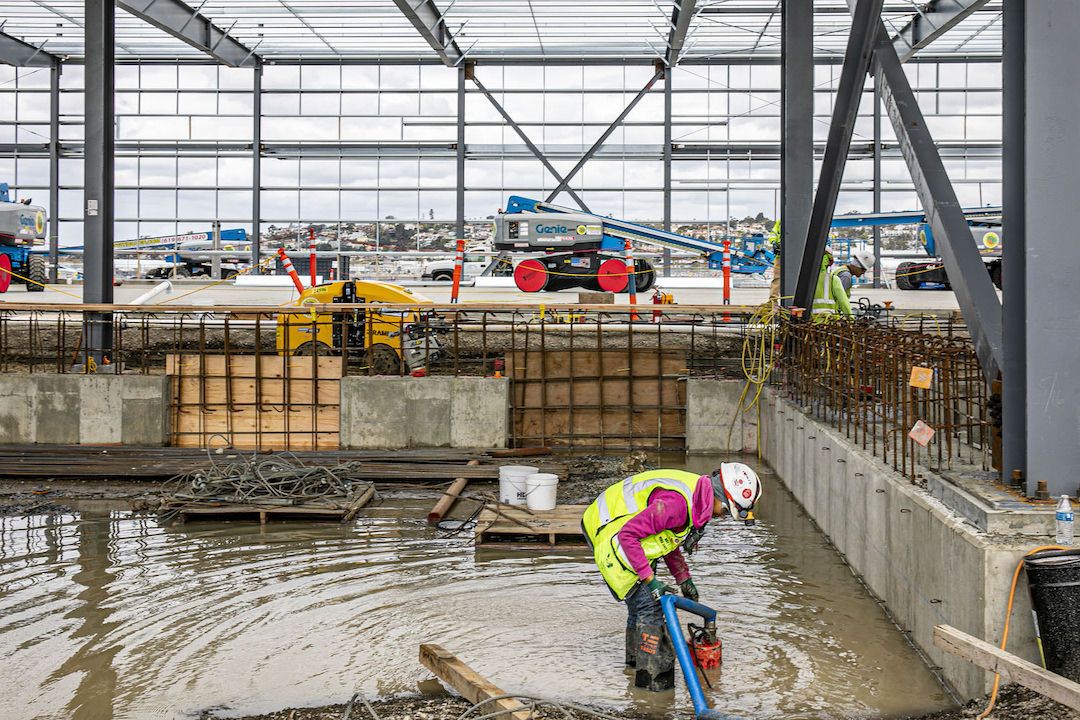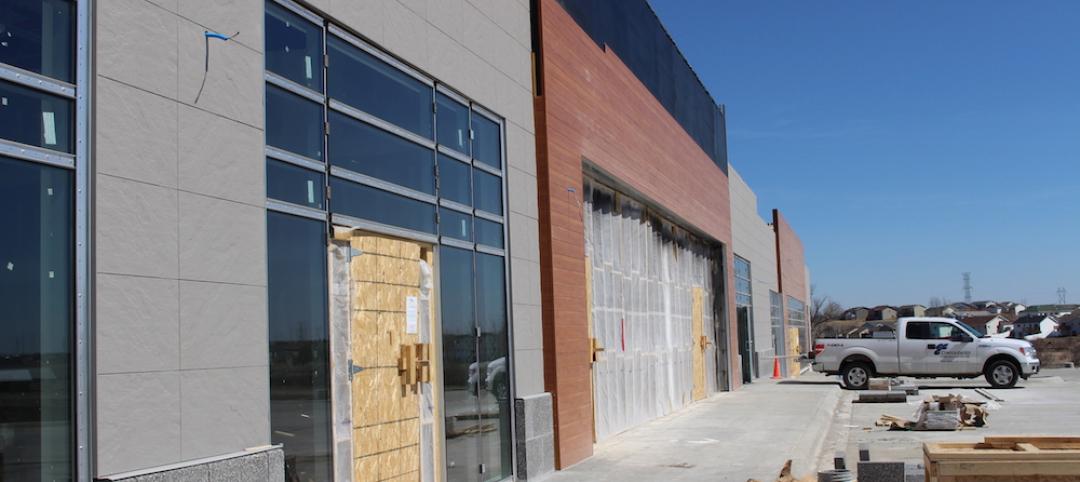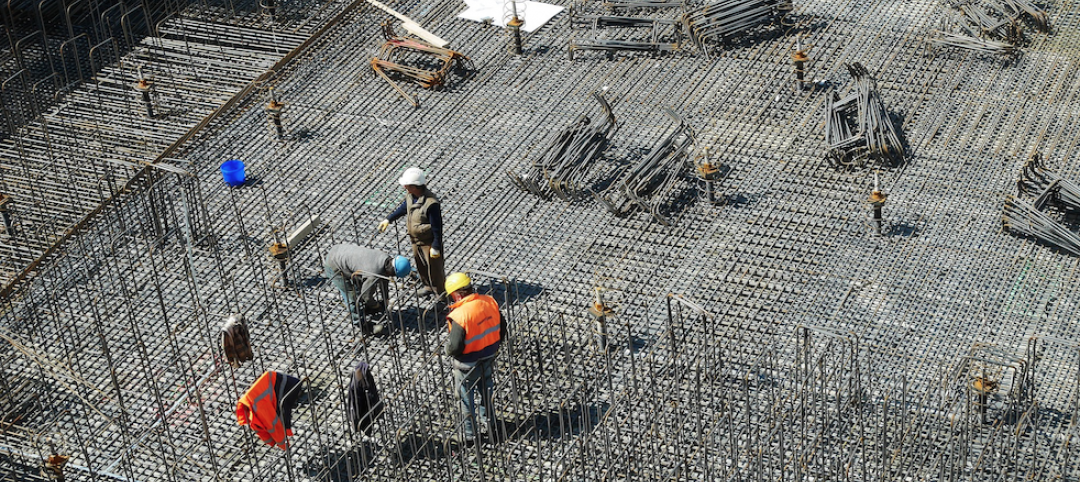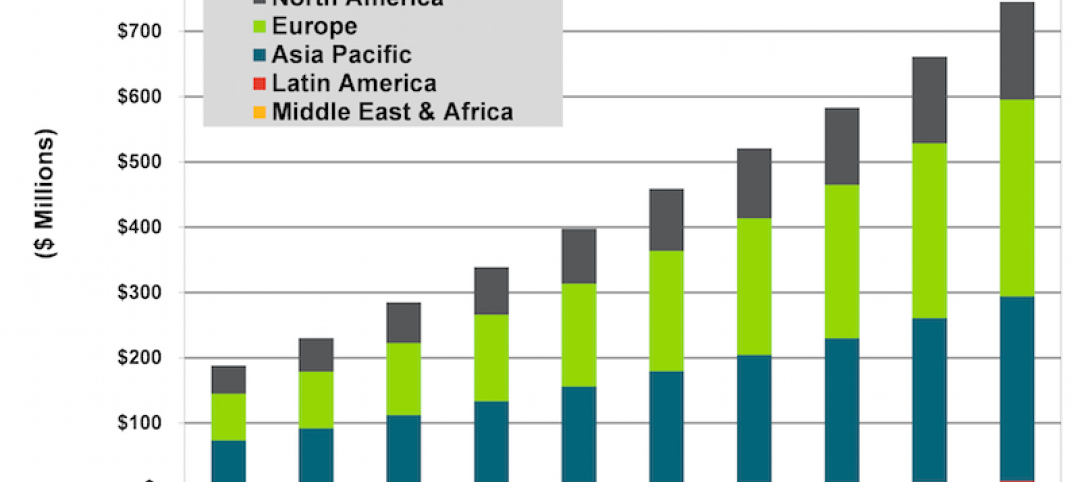Nearly two out of three U.S. metro areas added construction jobs between October 2020 and October 2021, according to an analysis by the Associated General Contractors of America of government employment data released today. Association officials noted that the job gains would likely have been larger and more widespread if firms weren’t dealing with the twin challenges of supply chain problems and labor shortages.
“While it is heartening that construction is recovering from the lows of 2020 in much of the country, the pandemic is still causing major supply-chain problems and is keeping some workers from seeking employment,” said Ken Simonson, the association’s chief economist. “Those impediments threaten to limit construction employment gains in many metros.”
Construction employment increased in 236 or 66% of 358 metro areas over the last 12 months. Sacramento--Roseville--Arden-
Construction employment declined from a year earlier in 72 metros and held steady in 50. Nassau County-Suffolk County, N.Y. lost the most jobs (-6,700 or -8%), followed by New York City (-5,500 jobs, -3%); Orange-Rockland-Westchester counties, N.Y. (-3,600 jobs, -8%); Dallas-Plano-Irving, Texas (-2,800 jobs, -2%) and Calvert-Charles-Prince George’s counties, Md. (-2,600 jobs, -8%). The largest percentage declines were in Evansville, Ind.-Ky. (-17%, -1,700 jobs); Altoona, Pa. (-13%, -400 jobs); Watertown-Fort Drum, N.Y. (-11%, -200 jobs); and Gary, Ind. (-10%, -1,700 jobs).
Association officials urged the Biden administration to continue working to reduce tariffs on key construction materials, and to take additional steps to ease supply chain problems at ports and other shipping facilities. They added that the association was working to recruit more people into the construction industry, and the recently enacted Bipartisan Infrastructure Bill should send a positive message to many workers about the expanding career opportunities in construction.
“Firms are struggling to source materials for projects, coping with rising prices for those materials, all while eagerly searching for workers to put those materials in place,” said Stephen E. Sandherr, the association’s chief executive officer. “We are eager to work with public officials to address supply chain challenges even as we work to recruit more people into high-paying construction careers.”
View the metro employment data, rankings, top 10, and new highs and lows.
Related Stories
Market Data | Jun 14, 2016
Transwestern: Market fundamentals and global stimulus driving economic growth
A new report from commercial real estate firm Transwestern indicates steady progress for the U.S. economy. Consistent job gains, wage growth, and consumer spending have offset declining corporate profits, and global stimulus plans appear to be effective.
Market Data | Jun 7, 2016
Global construction disputes took longer to resolve in 2015
The good news: the length and value of disputes in the U.S. fell last year, according to latest Arcadis report.
Market Data | Jun 3, 2016
JLL report: Retail renovation drives construction growth in 2016
Retail construction projects were up nearly 25% year-over-year, and the industrial and office construction sectors fared well, too. Economic uncertainty looms over everything, however.
Market Data | Jun 2, 2016
ABC: Nonresidential construction spending down in April
Lower building material prices, a sluggish U.S. economy, and hesitation among private developers all factor into the 2.1% drop.
Market Data | May 20, 2016
Report: Urban area population growth slows
Older Millennials are looking to buy homes and move away to more affordable suburbs and exurbs.
Market Data | May 17, 2016
Modest growth for AIA’s Architecture Billings Index in April
The American Institute of Architects reported the April ABI score was 50.6, down from the mark of 51.9 in the previous month. This score still reflects an increase in design services.
Market Data | Apr 29, 2016
ABC: Quarterly GDP growth slowest in two years
Bureau of Economic Analysis data indicates that the U.S. output is barely growing and that nonresidential investment is down.
Market Data | Apr 20, 2016
AIA: Architecture Billings Index ends first quarter on upswing
The multi-family residential sector fared the best. The Midwest was the only U.S. region that didn't see an increase in billings.
Building Technology | Apr 11, 2016
A nascent commercial wireless sensor market is poised to ascend in the next decade
Europe and Asia will propel that growth, according to a new report from Navigant.
Industry Research | Apr 7, 2016
CBRE provides latest insight into healthcare real estate investors’ strategies
Survey respondents are targeting smaller acquisitions, at a time when market cap rates are narrowing for different product types.

















